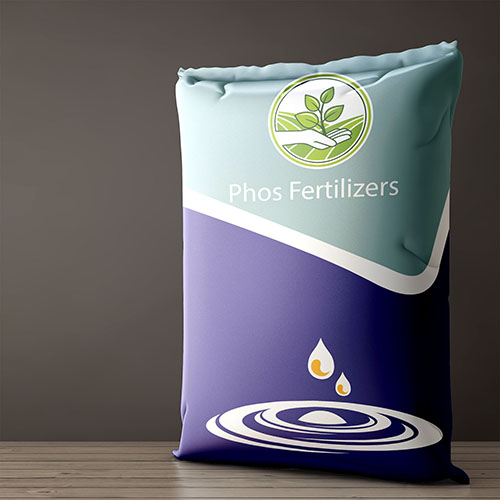Welcome to PhosFertilizers, we hope you will enjoy our products and have good experience
Single Super Phosphate Fertilizer
Single Super Phosphate Fertilizer

The most important benefit of powder Single Super Phosphate Fertilizer is that it is suitable for soil structure. The desired yield can be obtained by mixing it with the soil in certain proportions. It is much more advantageous than solid Single Super Phosphate Fertilizer . While it is expected that the Single Super Phosphate Fertilizer will break down and mix with the soil in solid Single Super Phosphate Fertilizer , such a process is not encountered in powder Single Super Phosphate Fertilizer . At the same time, liquid Single Super Phosphate Fertilizer can be easily used on soil and leaves. Seaweed, which is among the organic Single Super Phosphate Fertilizer , ensures the revival of the plant and the quality of the product obtained. Seaweed Single Super Phosphate Fertilizer are also available in liquid or powder form.The more powder organic Single Super Phosphate Fertilizer are used, the more quality of the soil is increased. The soil becomes loose and at the same time, the formation of a dry layer on it is prevented. There are usage rates according to the type of plant to be used. It should be used in accordance with these ratios. Too much use will not be suitable for the plant. The benefits of powder Single Super Phosphate Fertilizer are countless. For this reason, the use of powder Single Super Phosphate Fertilizer is prohibited in many countries, especially in the United Arab Emirates, the Netherlands, Qatar, Israel, Iraq (especially Erbil), and Pakistan. It regulates the soil and increases the water-holding capacity of the soil. As the water holding capacity increases, the soil becomes moist. In this way, nutrient uptake is easily provided to the plant by the roots. At the same time, it keeps the soil warm, which causes frost to occur. If humic and fulvic acids are included in their structure, the hair and root structure of the plant is strengthened. When this structure is strengthened, it is ensured that the plant is firmly held in the soil. The resistance of the plant, which is firmly attached to the soil, increases and it gains strength.
